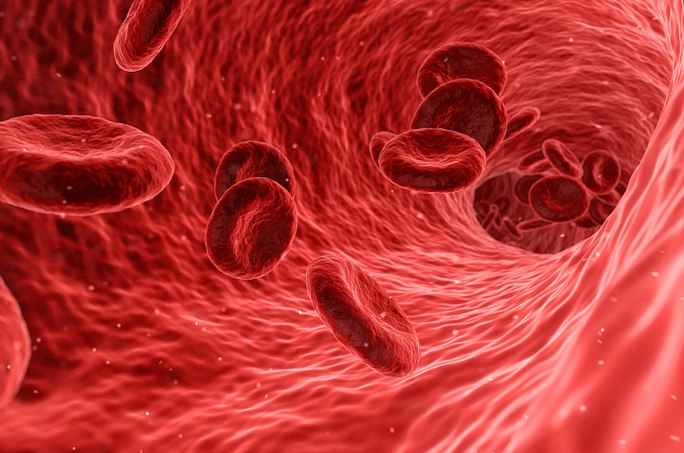 BIG DATA
BIG DATA
 BIG DATA
BIG DATA
 BIG DATA
BIG DATA
A startup called Guardant Health that’s hoping to develop blood tests to detect cancer has just landed $360 million in a new funding round led by Japan’s SoftBank Group Corp.
Guardant, which was founded back in 2013, has developed a “liquid biopsy” test called Guardant360 that relies on blood samples from cancer patients. It uses them to sequence genetic information in the blood that shows how cancer tumors are responding to different therapies. More specifically, the tests are used to check something called “circulating tumor DNA,” which refers to the DNA that dying tumor cells release into patients’ bloodstreams.
Guardant said it will use the new capital to finance its goal of sequencing 1 million cancer patients over the next five years, so it can properly develop its early-detection cancer test. The company said that a massive amount of data that isn’t yet available is required in order to ensure its tests are accurate.
“We believe that conquering cancer is at its core a big-data problem, and researchers have been data-starved,” said Helmy Eltoukhy, Guardant Health’s co-founder and chief executive officer. “Our launch of the world’s first commercial comprehensive liquid biopsy sparked a boom in cancer data acquisition. Every physician who orders one of our tests and every patient whose tumor DNA we sequence add to this larger mission by improving our understanding of this complex disease.”
Guardant isn’t the only startup that thinks it can use blood testing as a way to improve cancer detection. In March, SiliconANGLE reported that another startup called Freenome Inc. was developing a liquid biopsy diagnosis platform with similar end goals. The company, which has raised $65 million of its own, said its platform combines biology with machine learning to detect the DNA sequencing of cancer, without requiring cell samples and before the disease becomes deadly.
Whether or not liquid biopsy DNA sequencing will prove to be helpful is an open question. A recent Medscape survey of 132 oncologists found that 36 percent believed the tests were not yet useful. Meanwhile, another 61 percent said they believed less than a quarter of their patients would benefit from the tests. Still, respondents were optimistic that progress could be made, with 89 percent saying the tests could be useful within the next ten years.
Funds managed by T. Rowe Price, Associates Inc. and Temasek, plus existing investors Sequoia Capital, Khosla Ventures, Lightspeed Venture Partners, OrbiMed and 8VC, participated in the round, which brings Guardant’s total funding to over $500 million, the company said.
THANK YOU